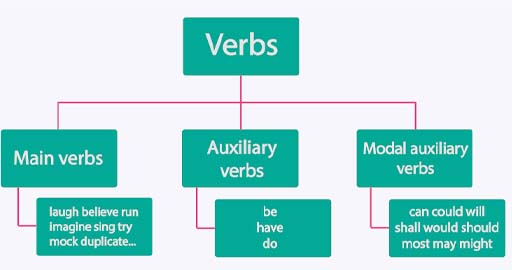4 Categorising verbs
In order to put your knowledge about verbs to the test, the next activity gives you the chance to spot and categorise the different types of verbs that have been covered in this week’s work. You’ll need your knowledge of these verbs next week too, so spend some time making sure you can complete this activity. And remember, you can always revisit this week, or previous weeks’ material.
Activity 6 Find the auxiliary verbs
Read the following passage, written by someone who is not very adventurous about food. Highlight the auxiliary verbs (be, have and do) in yellow as well as modal auxiliaries (can, could, might, etc.) in blue.
There are a few new things here. You may have noticed do being used for emphasis: I do like a nice bit of haddock! You may also have noticed that two auxiliaries (will and be) were combined in: Most evenings I’ll be tucking into something tasty. It’s also worth pointing out that the will here is referring to a habit, and not the future. This is a similar use of will to:
If you will keep leaving the door open, is it any surprise things get stolen?
When you start looking at how we actually use language, you often find things are more varied and complex than simple grammar rules suggest. That’s why we use quite simple sentences as examples, but you should keep a look out for how the rules operate in the conversations and texts you engage with on a typical day.

